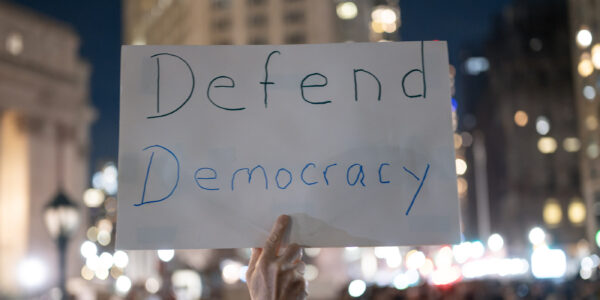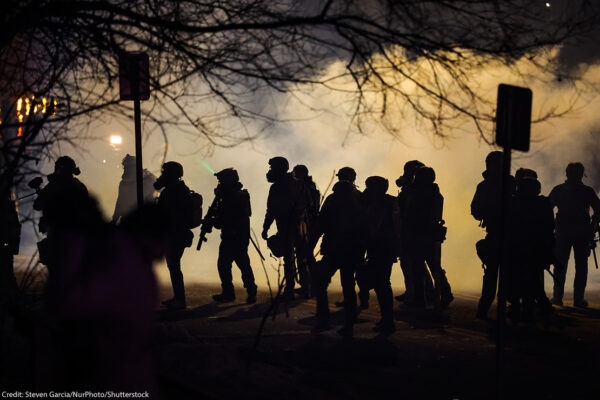At the National Latina Institute for Reproductive Health, we work under the framework of reproductive justice. Bringing together reproductive rights and social justice, a reproductive justice framework recognizes that the factors influencing women's abilities to autonomously create and live in the families they want go beyond the issues traditionally spoken about in the reproductive rights movement. At NLIRH we recognize that issues as seemingly far-reaching as immigration and economic security are in fact intricately connected to the ways people access reproductive health services and their ability to lead healthy lives. Through this framework, then, it is easy to see that human trafficking is a reproductive justice issue.
Human trafficking is a justice issue because persons who fall victim to trafficking are not random, but rather are part of populations made vulnerable through economic injustice, racial or ethnic oppression, gender discrimination, or any number of oppressions. For Latinas, failed economic policies such as the North American Free Trade Agreement (NAFTA), for example, have led to the destruction of local economies that have put pressure on them to emigrate in search of a better life for themselves and their families. It is through this set of conditions, in this search of a better life, that Latinas fall prey to traffickers. These conditions are unjust, avoidable, and systematic.
Moreover, women who are trafficked are faced with issues concerning reproductive health; even those who are not victims of sex trafficking often face coercive sex as a fear tactic, putting trafficked women at risk for sexually transmitted infections and unwanted pregnancy. Trafficked women's access to regular reproductive health care services, such as pap smears, may be negligible to non-existent.
For these reasons, human trafficking is an issue of reproductive justice.
The fact that taxpayer dollars are being administered by the United States Conference of Catholic Bishops — a religious organization that feels that women's reproductive choices are USCCB's decision to make — is an unfortunate continuation of the injustice women who have been trafficked have faced during their ordeal. Persons escaping trafficking have just left situations in which control has been completely taken away — control over their bodies, control over their whereabouts, control over their very lives. To take a person out of such a violent and controlling situation only to exercise control over their reproductive decisions for them represents a continuation of this unjust experience and is an insult to their autonomy. Particularly in a nation founded on the separation of church and state, the Catholic Church has no place in dictating the way that government funds should be used, and persons who have been victims of trafficking deserve comprehensive care that includes autonomous decision-making over their families and their lives.


